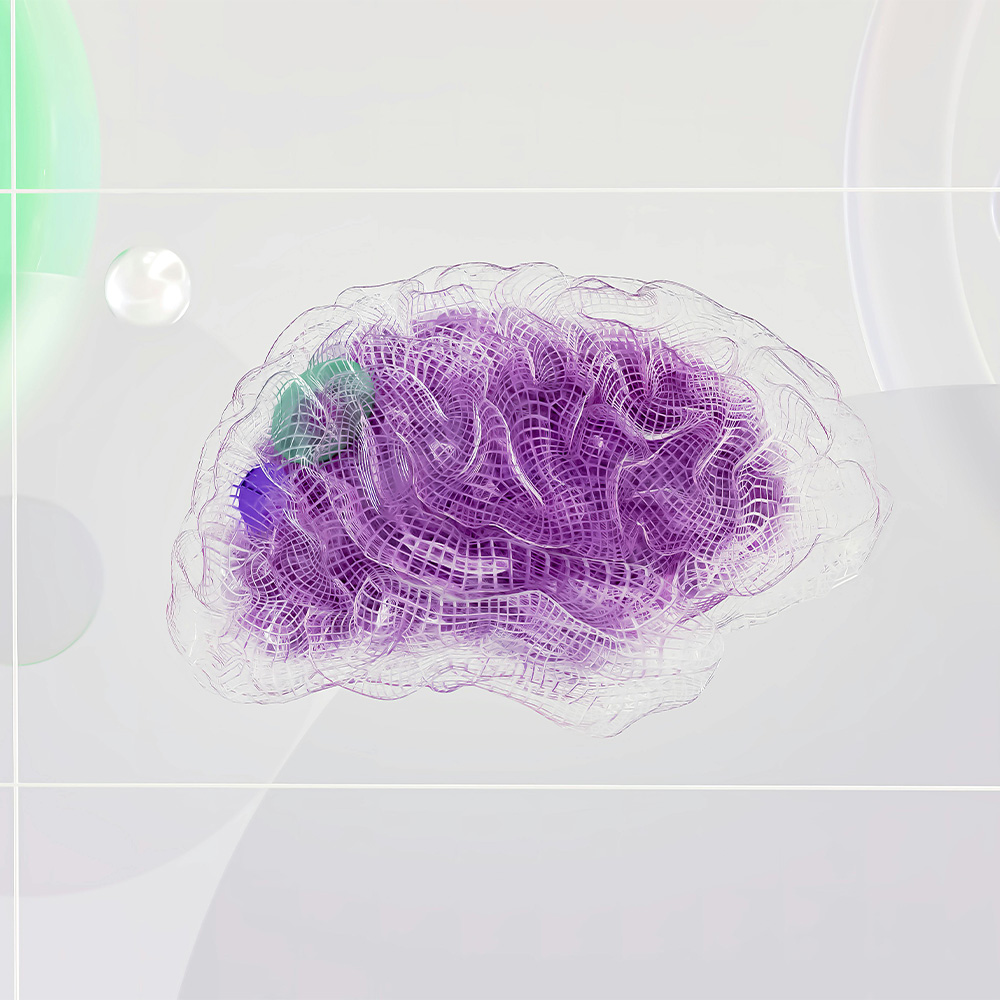
Children’s Social Care Profiteering
16.05.2024
Acceptance Testing: Why It’s Essential and How You Play a Key Role
27.09.2024Is AI Threatening Children’s Services?
Artificial intelligence (AI) has sparked both enthusiasm and apprehension across various industries, and children’s services are no exception. However, the notion that AI poses a threat to children’s services is not only unfounded but overlooks the significant benefits AI can offer. Rather than being a cause for concern, AI holds the potential to revolutionise children’s services, making them more efficient, responsive, and personalised than ever before.
Enhancing Early Intervention and Personalised Care
One of the most critical aspects of children’s services is early intervention. AI algorithms can analyze vast amounts of data to identify patterns and predict outcomes, allowing for timely and accurate identification of children who might be at risk. For example, AI can analyze school performance, behavioral patterns, and even social media activity to flag potential issues. This proactive approach enables professionals to intervene early, providing the necessary support and resources to prevent problems from escalating.
Moreover, AI can help tailor interventions to the specific needs of each child. Machine learning models can analyze data from various sources to understand the unique circumstances and challenges faced by individual children. This level of personalization ensures that the support provided is not only timely but also highly effective, addressing the root causes rather than just the symptoms.
Streamlining Administrative Tasks and Reducing Workload
One of the significant challenges faced by professionals in children’s services is the administrative burden. Caseworkers often spend a considerable amount of time on paperwork and data entry, time that could be better spent directly engaging with children and families. AI can automate many of these routine tasks, freeing up valuable time for professionals to focus on what truly matters—supporting children.
For instance, AI-driven systems can automate the intake process, manage case files, and even assist in writing reports. By reducing the administrative workload, AI allows professionals to allocate more time and energy to direct care and support, enhancing the overall effectiveness of children’s services.
Improving Decision-Making and Resource Allocation
AI can also play a crucial role in improving decision-making processes within children’s services. By providing data-driven insights, AI can help professionals make informed decisions regarding resource allocation, intervention strategies, and policy development. Predictive analytics can identify trends and forecast future needs, enabling services to be more proactive and responsive.
In addition, AI can help identify gaps in services and highlight areas where resources are most needed. This ensures that efforts are focused on areas that will have the most significant impact, ultimately leading to better outcomes for children and families.
Ensuring Safety and Privacy
Concerns about data privacy and the potential misuse of AI are valid; however, these risks can be effectively managed with proper safeguards and ethical guidelines. It is crucial to ensure that AI systems used in children’s services are designed with privacy and security in mind. Robust data protection measures, transparency in AI decision-making processes, and regular audits can mitigate potential risks.
Furthermore, AI can enhance safety by monitoring and detecting signs of abuse or neglect that might be missed by human oversight. By continuously analyzing data, AI can alert professionals to potential issues, ensuring that children receive the protection they need in a timely manner.
Conclusion: Embracing AI for a Brighter Future in Children’s Services
Far from posing a threat, AI presents an unprecedented opportunity to transform children’s services for the better. By enhancing early intervention, personalizing care, reducing administrative burdens, improving decision-making, and ensuring safety, AI can help create a more efficient, responsive, and supportive system for children and their families. Embracing AI in children’s services is not just about leveraging technology; it is about harnessing its potential to make a positive and lasting impact on the lives of the youngest and most vulnerable members of our society.





